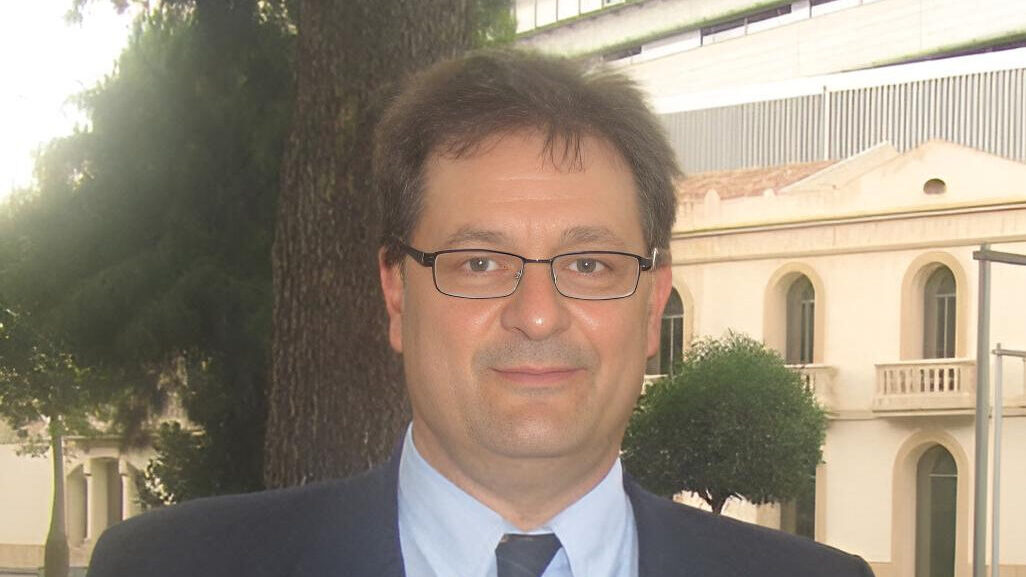Miguel Bronchud, Co-Founder of Regenerative Medicine Solutions, shared a post on LinkedIn:
“Cancer as a ‘global problem’ – may it be one of the many victims of the present crisis in multilateralism?
Global efforts to highlight cancer and non-communicable diseases (NCDs) as a growing burden were first raised in 2005 World Health Assembly Resolution 58.22 and reinforced with Resolution 70.12 and the Global NCD action plan in 2017. One common thread for addressing cancer burden was the need to articulate cancer priorities within a comprehensive National Cancer Control Plan (NCCP).
Since 2012, the International Cancer Control Partnership provided guidance on cancer policy and planning, with the goal that every country should have an implementable plan. The purpose of the global review of NCCPs was to update global knowledge of the status and content of NCCPs.
The global review included 16 new questions related to cancer equity, pandemic preparedness, global WHO initiatives, evidence-based recommendations, and other emerging trends.
There is a need to reassess the impact and ‘modus operandi’ of WHO? – to globally strengthen cancer-care systems with projections that cancer cases will substantially increase during the coming years, said global leaders during a forum discussion on cancer care at the annual World Economic Forum in Davos, Switzerland, on Jan 22, 2025.
‘ECO President at World Economic Forum 2025’
With global cancer rates projected to rise by nearly seven million cases over the next decade – and the economic toll of cancer expected to reach $25.2 trillion over the next 30 years – tackling this public health crisis has become a global priority. Discussions during WEF 2025 focused on innovative strategies for early detection, value-based financing, advancements in science, and the future of cancer care.
Prof. Csaba Dégi, president of the European Cancer Organisation (ECO), was among the featured participants in several high profile sessions. His contributions highlighted ECO’s extensive efforts to foster collaboration among stakeholders to improve cancer prevention, detection, and treatment.
Key points raised by Prof. Dégi during his presentations included:
The positive and stimulating impact that Europe’s Beating Cancer Plan has had in encouraging countries in the EU and beyond to go further and faster in joint responses to the challenges posed by rising cancer incidence.
The need to sustain the new frameworks of cooperation created by that Plan beyond the current EU funding cycle, which ends in 2027, while also harnessing exciting new advances in precision oncology and artificial intelligence.
The value in replicating Europe’s Beating Cancer Plan approach of cross border cooperation through other international efforts, including the potential establishment of a UN taskforce on cancer.
Meanwhile, the fact that USA is leaving the WHO might – according to a The Lancet editorial – have negative impact for cancer management in Africa?”
“National cancer control plans: a global analysis”
Authors: Yannick Romero et al.

More posts featuring Miguel Bronchud.


